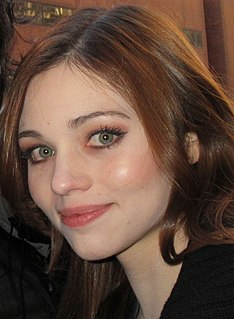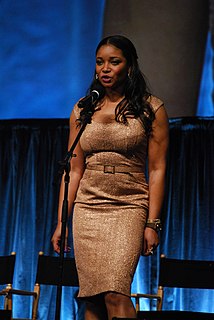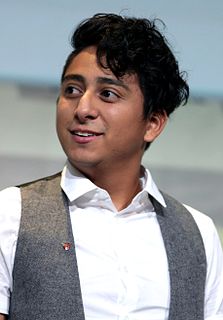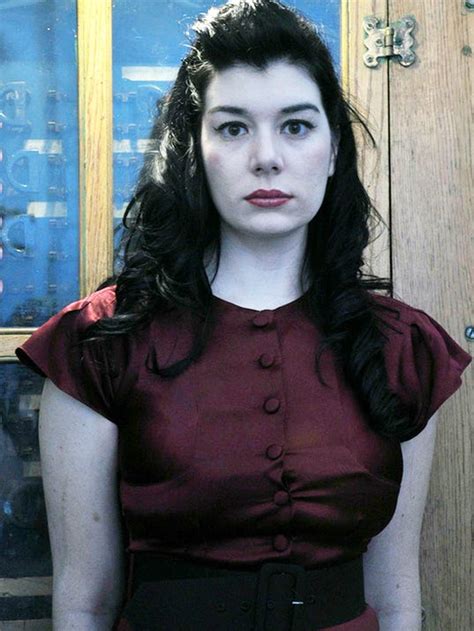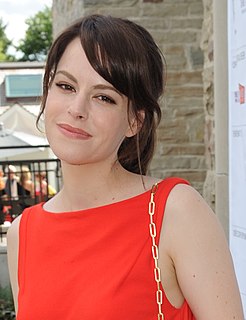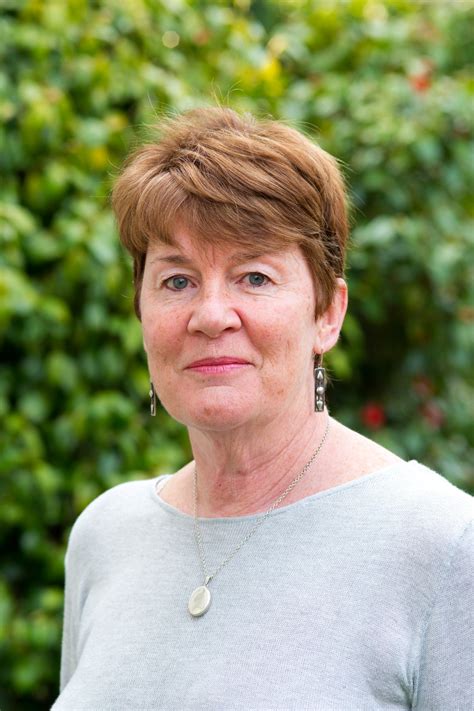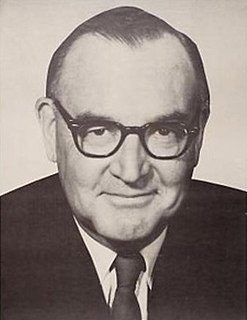Цитата Дэвида Хэрвуда
Я без ума от этих криминальных реалити-шоу. Такие вещи, как «Судебно-медицинские материалы», «Судебно-медицинские детективы».
Связанные цитаты
В моей мастерской я предпочитаю включать телевизор для фонового шума, но я включаю только те передачи, которые вам не нужно смотреть в последовательном порядке; вещи, которые вы можете просматривать время от времени и все равно знать, что происходит; например, повторы Cops, Jeopardy! и Forensic Files.
Это действительно забавно, но мы изучили профессию женских персонажей на телевидении, и на телевидении так много женщин-криминалистов из-за всех сериалов "C.S.I.", "Кости" и тому подобного. Мне не нужно никого уговаривать добавить больше женщин-криминалистов в качестве образцов для подражания. Их много. В реальной жизни люди, которые сейчас работают в этой области, примерно на две трети составляют женщины.
Я целиком и полностью подсел на все замечательные шоу на A&E и Court TV, посвященные убийствам в маленьком городке. Такие шоу, как Forensic Files, City Confidential, просто не могут насытиться ими. Это всегда одно и то же. Вы знаете, что они берут интервью у реальных людей, которые пережили этот опыт. Я скучаю по Полу Уинфилду как ведущему City Confidential, пусть он покоится с миром.
Исправление исторических ошибок созвучно с чем-то фундаментальным во мне с тех пор, как я был юным читателем. Мне нравятся криминалистические навыки, психологические прозрения и откровенная жестокость различных детективов — профессиональных или случайных — медленно приближающихся к истине давно похороненной тайны.
Я любопытный парень. Не могу оторваться от следственной истории, когда речь идет о судебно-медицинской экспертизе. Я совершил 33 погружения к месту крушения титана. Я провел более 50 часов, пилотируя роботизированные транспортные средства на месте крушения, пытаясь собрать воедино то, что произошло во время катастрофы. Как разбился корабль, сравнивая исторические записи с данными судебно-медицинской экспертизы. Документальные фильмы — это своего рода моя новая жизнь. Я люблю документальное кино.




